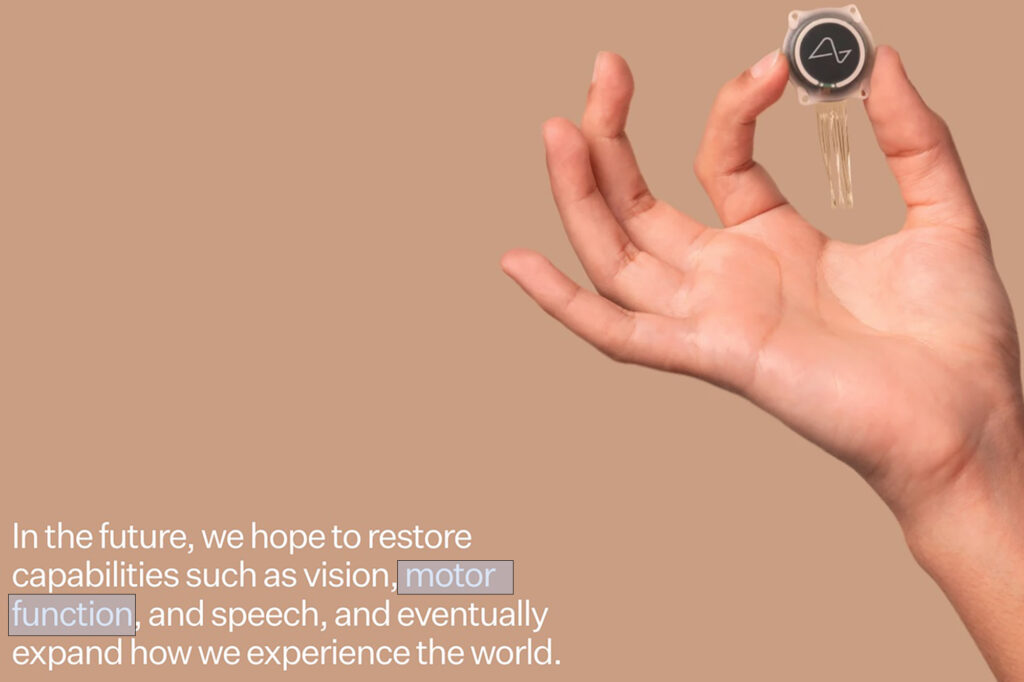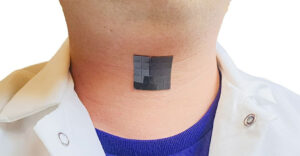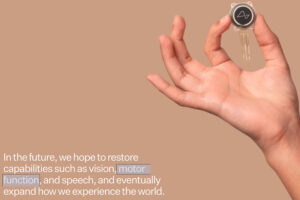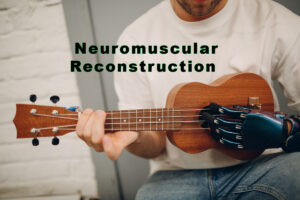Neuralink: AI Empowering Independence
A lot of folks have been asking me lately why I have such a keen interest in AI.
You may, or may not, already know that I have and continue to live my life with a significant physical disability, called Charcot-Marie-Tooth. It is a progressive neurological disease that impacts my muscles. As a result, each year brings substantial losses and changes to my abilities. Okay, that’s the back story.
The one muscle that I do have some control over, in so much as preventing deterioration, is my mind. As a result, I constantly exercise my learning ability and computers have been a game-changer for me in many ways. Therefore, I was quick to jump into AI training. I love the new ways I can accomplish what previously was time-consuming tasks.
AI is not as new as you might think
AI is everywhere and has been for a long time, we just did not call it AI. Let me ask you, how long have you been taking airplane flights knowing that highly trained pilots use ‘auto-pilot’ tools as a way to lessen the chance of crashes due to human error or fatigue?
AI has grown in the background of our lives. In recent years, however, and this one in particular, it has become top of mind and widely discussed. What is the most important area where AI will make a difference to the world as we know it?
There is no question it is and will continue to impact businesses of all kinds. I believe the answer to its importance will differ for all of us. For me personally, I find its potential to expand the abilities of the medical field truly exciting. AI will be a leader in empowering independence for the disabled.
In fact, few developments hold as much promise and potential for the disabled community as Neuralink’s upcoming PRIME Study. This clinical trial is focused on an implantable, wireless brain-computer interface (BCI). It is not just a leap in technological innovation; it’s a giant stride toward redefining independence for individuals with severe mobility impairments.
The Prime Study
The PRIME Study, short for Precise Robotically Implanted Brain-Computer Interface, is particularly aimed at individuals living with quadriplegia due to spinal cord injuries (SCI) or amyotrophic lateral sclerosis (ALS). Thus not people like myself who are born with disabling disease – at least not yet. The core of this study is centered on a small, cosmetically invisible implant placed in the brain area responsible for planning movements. This device is designed to interpret neural activity, enabling individuals to control external devices like computers or smartphones through the intention of movement. Thereby, eliminating the need for physical movement or cumbersome wires.
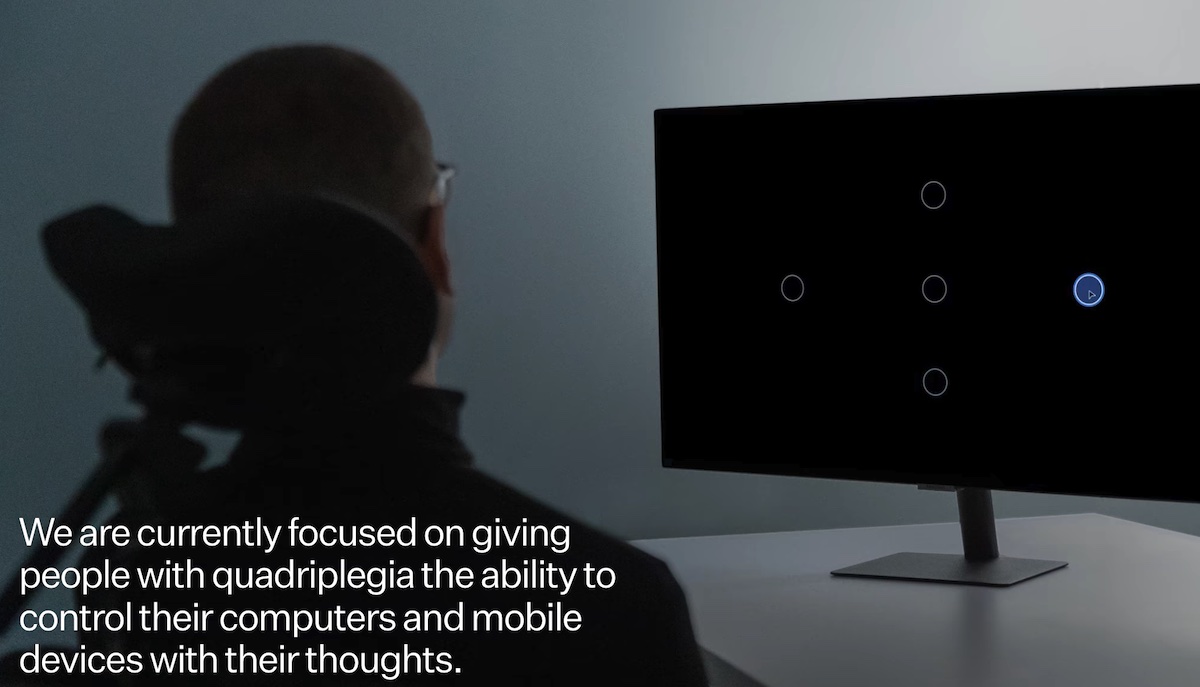
This research is pioneering not only in its approach but also in its potential impact. For those who have lost their ability to move independently, this technology offers a glimmer of hope for a more autonomous future. The ability to interact with technology through thought alone opens up a world of possibilities, from basic communication to more complex tasks, thereby enhancing the quality of life and providing a sense of empowerment.
Moreover, the PRIME Study is a significant step in understanding and utilizing brain-computer interfaces safely and effectively. By focusing on safety, Neuralink is ensuring that this technology is groundbreaking but also accessible for those who stand to benefit the most from it.
Hope is on the horizon
The implications of such technology extend beyond the individual. It represents a paradigm shift in how society supports and integrates individuals with disabilities. By providing tools that offer greater independence and interaction, we are not just improving individual lives; we are fostering a more inclusive and understanding world.
Neuralink: AI Empowering Independence
It’s clear that Neuralink’s PRIME Study is more than just a clinical trial. It’s a symbol of hope, a testament to human ingenuity, and a reminder of the endless possibilities that lie at the intersection of technology and human resilience. For the disabled community, this could be the dawn of a new era, one where limitations are redefined, and independence is reimagined.

